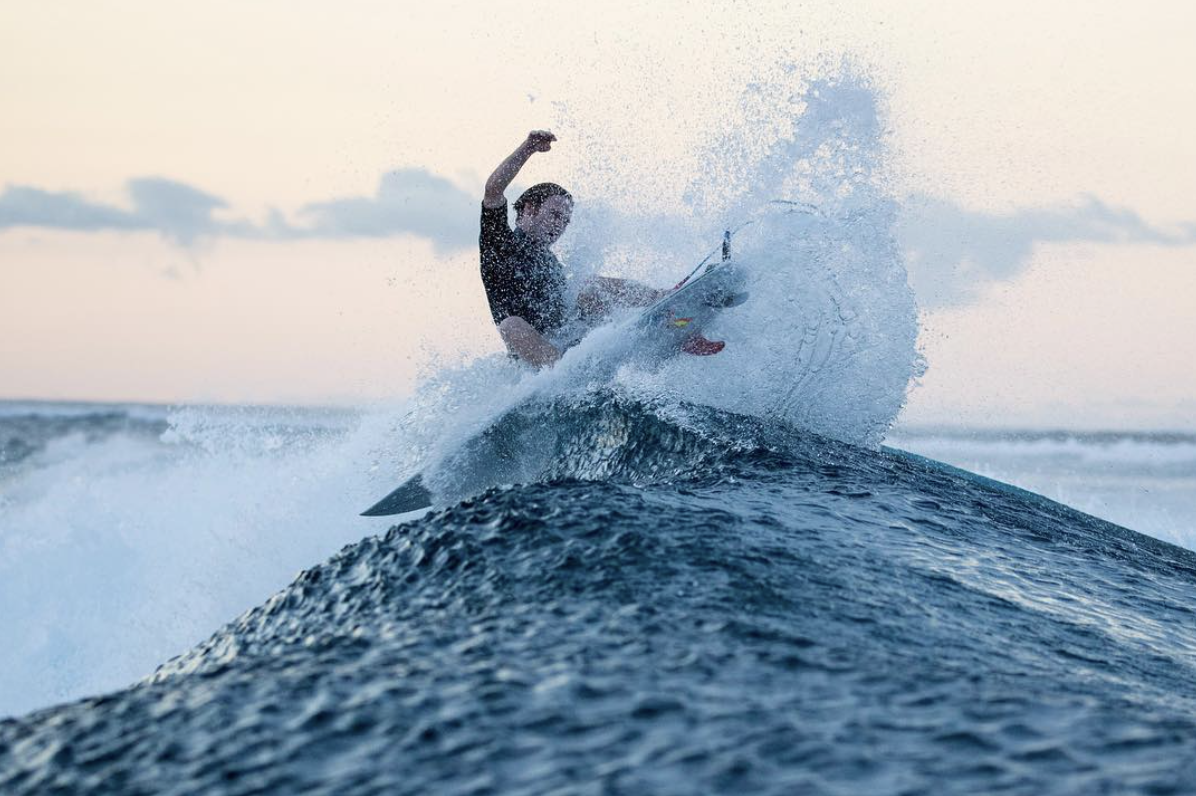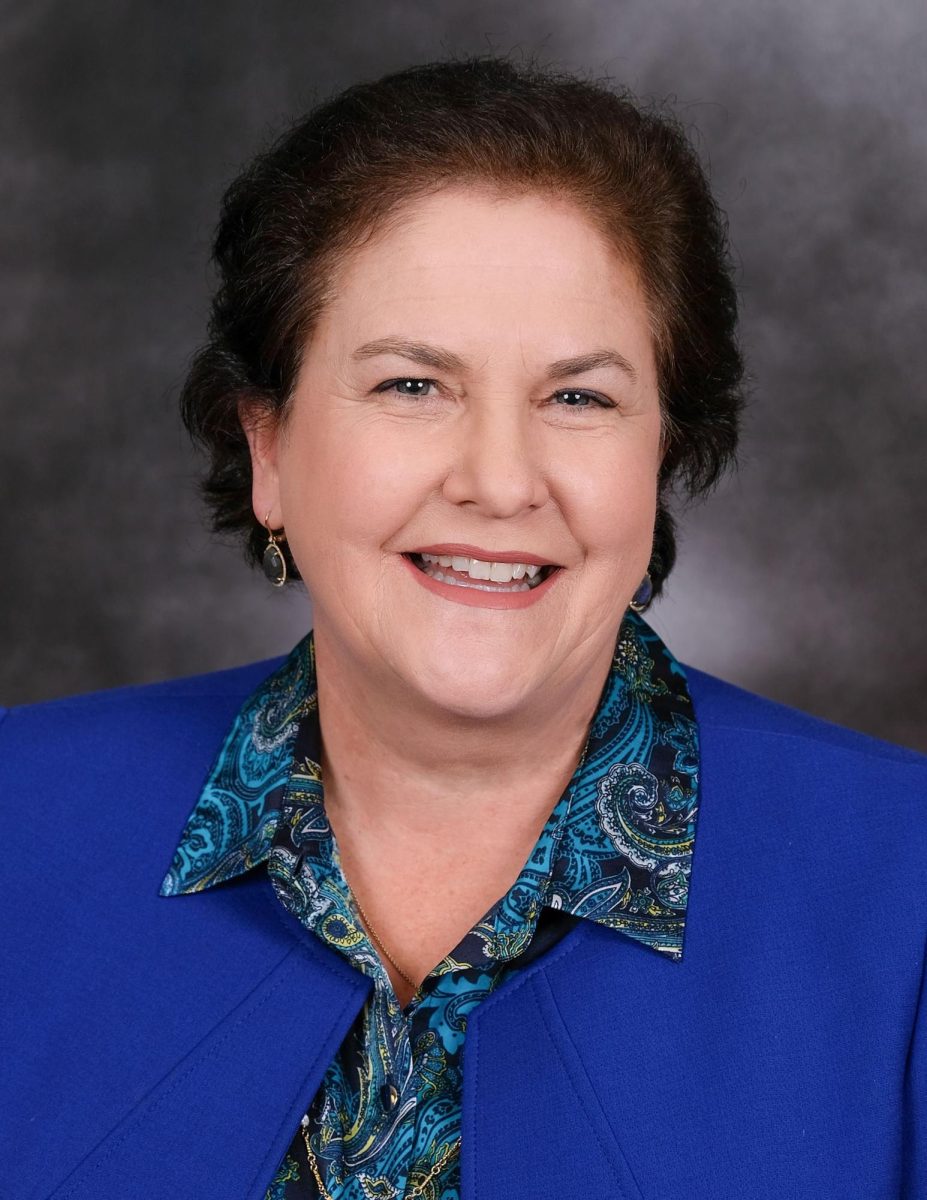
While most students’ college application are based primarily on essays and transcripts, some seniors have a much more rigorous and involved process.
Those applying to arts programs, including acting, music or dance majors, face a much more intensive process than those applying to more traditional academic majors. These have to fill out extra supplements, write additional essays, and prepare for video and in-person auditions.
Seniors Carly Van Liere and Jason Zucker were drawn to performing arts majors a way to pursue careers in their chosen fields.
“I never really thought about [what I would study] in college, but there is nothing I love more than theater,” Van Liere said. “I know the business is really intense but I would love to be in a program that would be prepare me to be an actor after college.”
Sofia Good, a dancer, is hoping a dance major would allow her to study her life-long passion.
“I haven’t had the chance to study dance,” Good said. “As a dance major you don’t just take dance classes. You also learn about the body and a whole other thing about dance culture.”
For most universities, applicants apply to the regular college and then must a complete a separate application to the arts school.
“It was surprisingly so extensive,” said Good regarding the process. “You apply to the school and then you apply to the arts program. The application process for most of the arts programs was like a whole other website with questions, zero to 2000 words, a lot of other writing.”
In addition to extra essays, all of the programs that Good applied to required either a video or an audition.
“If you don’t want to go to the school to audition then you can send in a video, but sending in a video gives you less of a good chance of getting into the school.” Good said.
Other programs require auditions on location. Zucker had to be invited to audition after the school had already seen his initial recordings.
“You provide pre-screening materials, so they’ll ask you to play a bunch of songs and you’ll send videos and recordings of yourself playing, and with that the colleges weed it down to the number of students they have the capacity for ,” Zucker said. “And from that you are invited to a live audition. It’s like a two-round process.”
Preparing for these type of auditions is a process and expense of its own. Van Liere hired an audition coach and has been preparing for months.
“I have been practicing my audition monologues since May or June,” Van Liere said. “I had prepared a dramatic contemporary, a comedic contemporary, a Shakespeare, and then I had like two more dramatic contemporaries just in case they wanted to see something else.”
Good also had professional help with her audition.
“I had both of my solos choreographed by a choreographer,” Good said. “The whole thing is pretty expensive—you have to choose wisely. I mean you can choreograph yourself it just depends on how far you are willing to go.”
The process varies between individual universities.
“Each school has different requirements, they will ask you to learn a certain song or they’ll ask you to transcribe, which is to learn a different solo that someone has done before.” Zucker said.
“They also involves sight-reading which involves a chart, a chart is just a piece of music, and you have to play on the spot and in time and all of that stuff.”
Good also experienced a variety of audition conditions.
“For Chapman, I had to prepare two solos and then I was asked a series of questions,” Good said. “At UCLA, I took two master classes with all the other people, there were over 200 applicants I think.”
A master class is a type of audition that is essentially a large dance practice watched by admission representatives.
Of all three of the seniors, only Van Liere has heard back so far from some of the schools she auditioned at. She was accepted to The University of Texas at Austin as theater major and The University of Michigan, Ann Arbor as an acting major.





